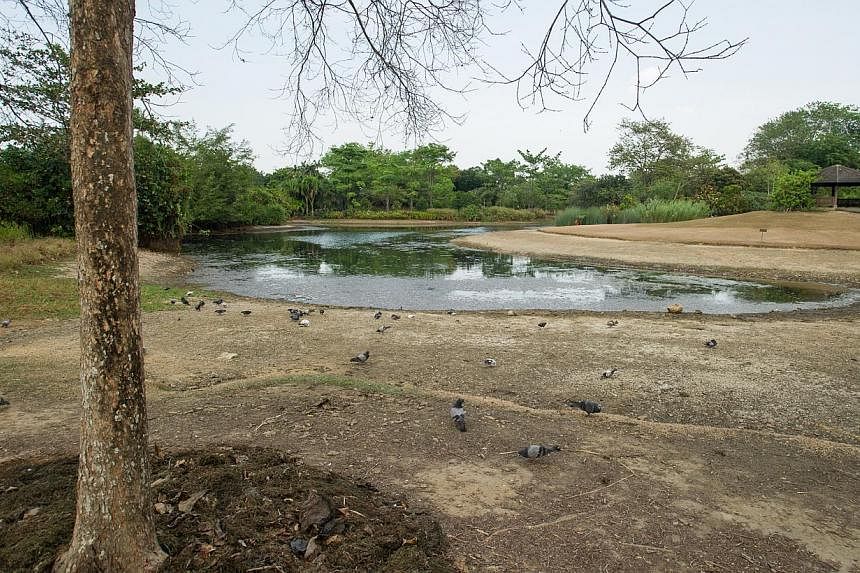Water rationing could be one way for Singapore to deal with a predicted dry spell over the coming weeks.
Government agencies, environmental groups and representatives from the water industry yesterday held a discussion, chaired by Minister for the Environment and Water Resources Vivian Balakrishnan, in which they examined how the nation can do more to conserve and appreciate the resource.
The National Environment Agency (NEA) on Thursday said total rainfall for this month and the next is expected to be below average, due to the early onset of the dry phase of the north-east monsoon.
Such weather events could increase in frequency and intensity as a probable consequence of global warming, said research scientist Erik Velasco of the Centre for Environmental Sensing and Modeling at the Singapore-MIT Alliance for Research and Technology.
To help tide the country over the upcoming dry phase, participants discussed ways to save water, including increased outreach and public education and more government incentives to help businesses adopt water-saving technology.
The participants - from the public sector, water-related businesses and green groups - were taking part in the first of six Pre-Committee of Supply (COS) consultation sessions organised by the Ministry of the Environment and Water Resources.
Other sessions, covering topics such as smoking and dengue, will be held until the middle of next month to seek feedback before the COS debate for the ministry, which is expected to be in the second week of March.
Dr Balakrishnan told participants: "If in 2014 we did not have the desalination and recycling plants, which were working at practically full steam during the dry spell, what do you think would have happened early last year?
"The truth is, we wouldn't be talking about a water rationing exercise - it would have been a very real prospect."
Last year Singapore experienced a record-breaking dry spell that lasted from mid-January to mid-March. Last February was the country's driest month in 145 years.
"Because (national water agency) PUB, in 12 years, managed to ramp up the (water) supply... we have almost taken it for granted that we have water security," Dr Balakrishnan said.
He was responding to concerns raised by the participants about the possibility of public backlash, should water rationing be implemented.
The immediate past president of the Singapore Contractors Association, Mr Andrew Khng, said: "After hearing from the minister... we probably need to seriously look at (water rationing) and get ourselves ready.
"Because if this dry spell is prolonged, it is not just the individual contractors who will face issues, the whole industry will be affected."
Although the NEA had said the upcoming dry period is not likely to be as bad as last year's drought, experts have warned that the haze could come earlier this year, if the dry weather in Malaysia should trigger wildfires there and winds bring the smoke to Singapore.
Assistant Professor Winston Chow of the National University of Singapore's geography department said: "Lower air quality arising from the haze might occur during the forecast dry period if other non-weather factors come into play, such as more wildfires from Peninsular Malaysia resulting in the winds transporting the smoke over."
Dr Velasco agreed, saying: "The dry spell last year had triggered wildfires in Malaysia and produced moderate smoke- haze episodes in Singapore."
They added, however, that Singapore is unlikely to be affected by the haze from Sumatra that occurs usually in June, as the predominant wind direction would keep it away.


